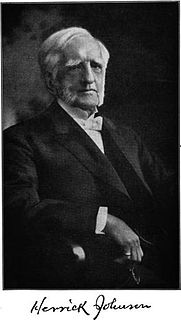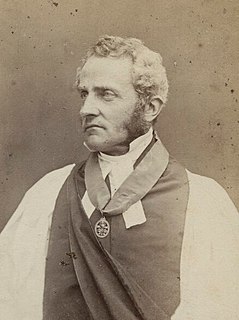A Quote by Paul Virilio
What brought me to Christianity is Incarnation, not Ressurection.
Quote Topics
Related Quotes
One of the awful things about writing when you are a Christian is that for you the ultimate reality is the Incarnation, the present reality is the Incarnation, and nobody believes in the Incarnation; that is, nobody in your audience. My audience are the people who think God is dead. At least these are the people I am conscious of writing for.
Christianity began with 120 in the Upper Room, within three centuries it had become the predominant religion of the Roman Empire. What brought this about? The answer is deceptively simple, while Christianity was being presented to unbelievers in both Word and deed, it was the deed that far exceeded the Word in evangelistic effectiveness.
That in these times every serious person should not in his heart have felt some difliculty with the doctrines of the incarnation, I cannot helieve. We are not as we were. When Christianity was first published, the imagination of mankind presented the relation of heaven to earth very differently from what it does now.






































